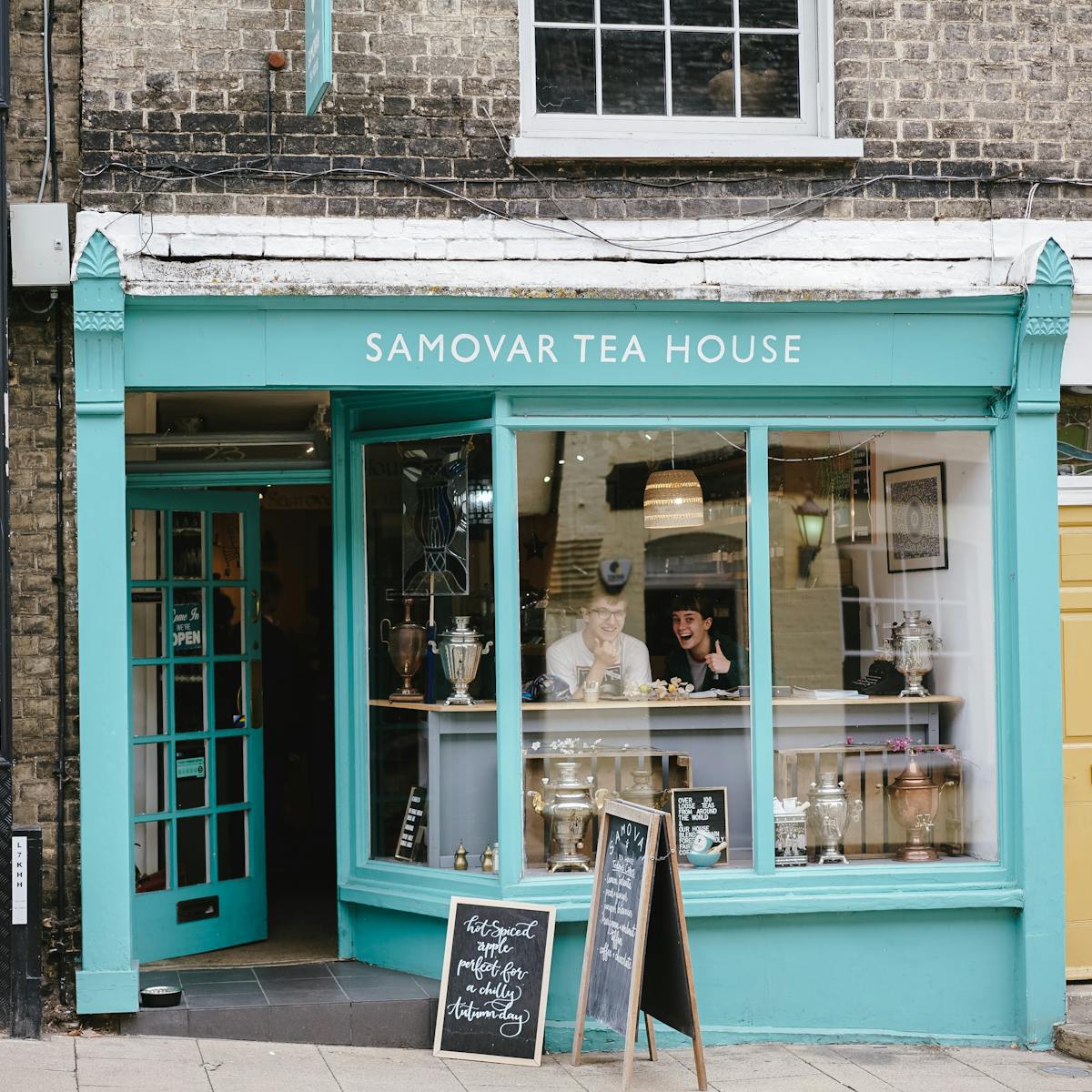Find the best commercial property insurance for your business









Commercial property insurance is a type of business insurance that protects businesses and owners of commercial premises from financial loss from unexpected damage.
Commercial property insurance can be purchased as a standalone policy or included as part of a packaged or combined policy.
Commercial property insurance has two main parts: business buildings insurance and business contents insurance, which you can buy together or separately, depending on what you need to insure.
Business building insurance protects the owner of the premises from financial loss should there be unexpected damage to the building.
Business buildings insurance covers the bricks and mortar of your business; if the premises were damaged by something like a fire or flood, business buildings insurance can help cover the costs of rebuilding or repairing the building- but won't cover the costs of replacing the contents inside.
Business contents insurance protects either the owner or tenant from financial loss in the event of damage or theft to the contents of a commercial building rather than the costs of repairing the building itself.
Business contents insurance can cover the cost of repairing or replacing stock, business equipment, fixtures and fittings, and internal decorations.
Commercial contents insurance can also include cover for “money”, which protects you against financial loss in respect of loss, destruction or damage to cash in transit and on the insured premises.
Glass will often be covered as part of a business contents policy, too; this covers any damage to fixed glass, such as windows, doors and signage.
Your commercial property insurance responsibilities can differ depending on if:
If you own the property and use it for your business, you are responsible for insuring the building and contents.
If you own a property and rent it to a business, you should insure the building but not the contents.
This is because if the building is damaged or destroyed, it is your responsibility to repair or replace it. If you don't have insurance, you could suffer significant financial loss.
You could get commercial buildings insurance as part of a specific commercial landlord insurance policy if you're a commercial landlord.
Commercial landlord insurance often includes cover for the building and any contents you’ve provided as the landlord, as well as property owner’s liability insurance and rental income protection insurance.
Of course, each policy is different, so it’s important to check what’s included before purchasing a policy.
If you rent the property that you run your business from, you must read the tenancy agreement to find out what in the building you’re responsible for maintaining. In the majority of cases, commercial tenants will need to insure the contents (the business equipment or stock you own) but not the actual building.
Commercial property insurance covers the contents of the premises, with the option to include cover for the buildings when owned rather than rented.
Commercial property insurance protects your businesses’ property from risks such as:
Almost everything in the commercial premises is covered, including stock if necessary.
The amount covered for certain goods is restricted for businesses such as shops. These goods are called ‘target stock’ and present a high theft risk. Target stock is usually relatively small in size but high in value, not easily traceable, with a ready second-hand or ‘black’ market available.
This mostly includes products like wines, spirits, cigarettes and tobacco. However, target stock will be defined in the wording of your insurance policy’s terms and conditions.
Most commercial property insurance policies won’t include cover as standard for specific circumstances, like:
If you own commercial property, having business premises insurance is a good idea. The cost of repairing a damaged building, replacing equipment or stock and losing income from not being able to use your premises is enough to bankrupt most small to medium-sized businesses.
Commercial property insurance will protect you from significant financial loss should anything happen to your business premises.
If you’re a tenant in a commercial property, some landlords will require you to have commercial contents insurance as part of your tenancy agreement.
Similarly, if you own the premises and have a mortgage, most lenders will require you to have commercial property insurance in place.
No, commercial property insurance isn’t legally required, so you can choose not to have it unless mentioned explicitly in your mortgage or tenancy agreement.
However, you should carefully consider what you’d do if something happened to your commercial property.
If you run a business from your home, your homeowner's insurance may not cover any damages or losses related to your business activities. Therefore, even if you work from home, you may need to consider purchasing a commercial property insurance policy to protect your business assets, including equipment, inventory, and supplies.
Reviewing your homeowner's insurance policy and speaking with an insurance specialist to determine what coverage is appropriate for your specific situation is essential.
Some policies will include loss of rent cover; however, this will typically only apply when something has happened that stops you from getting a tenant - such as the building being damaged by a fire, stopping you from renting the property out whilst it’s repaired.
Most loss of rent insurance won’t cover you just because you can’t find a new tenant.
The cost of your commercial property insurance will depend on several factors, such as:
